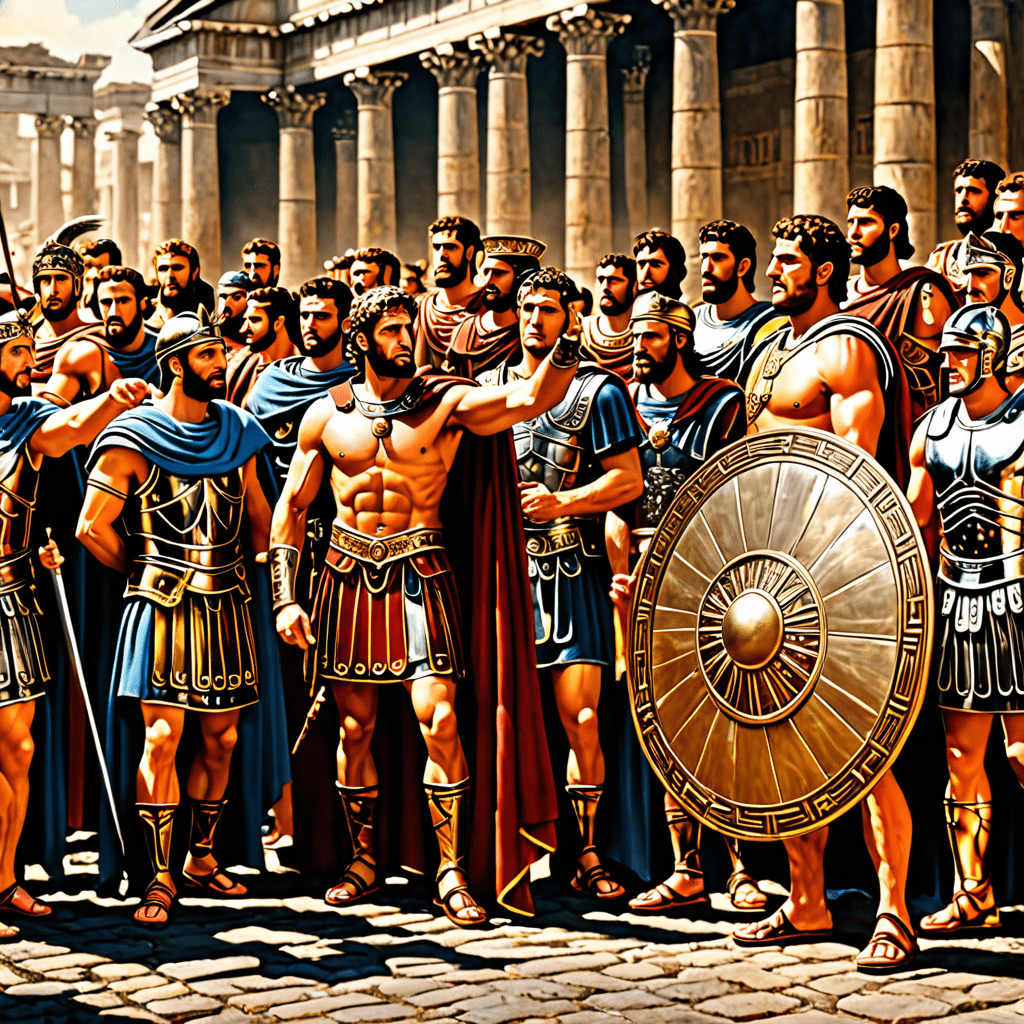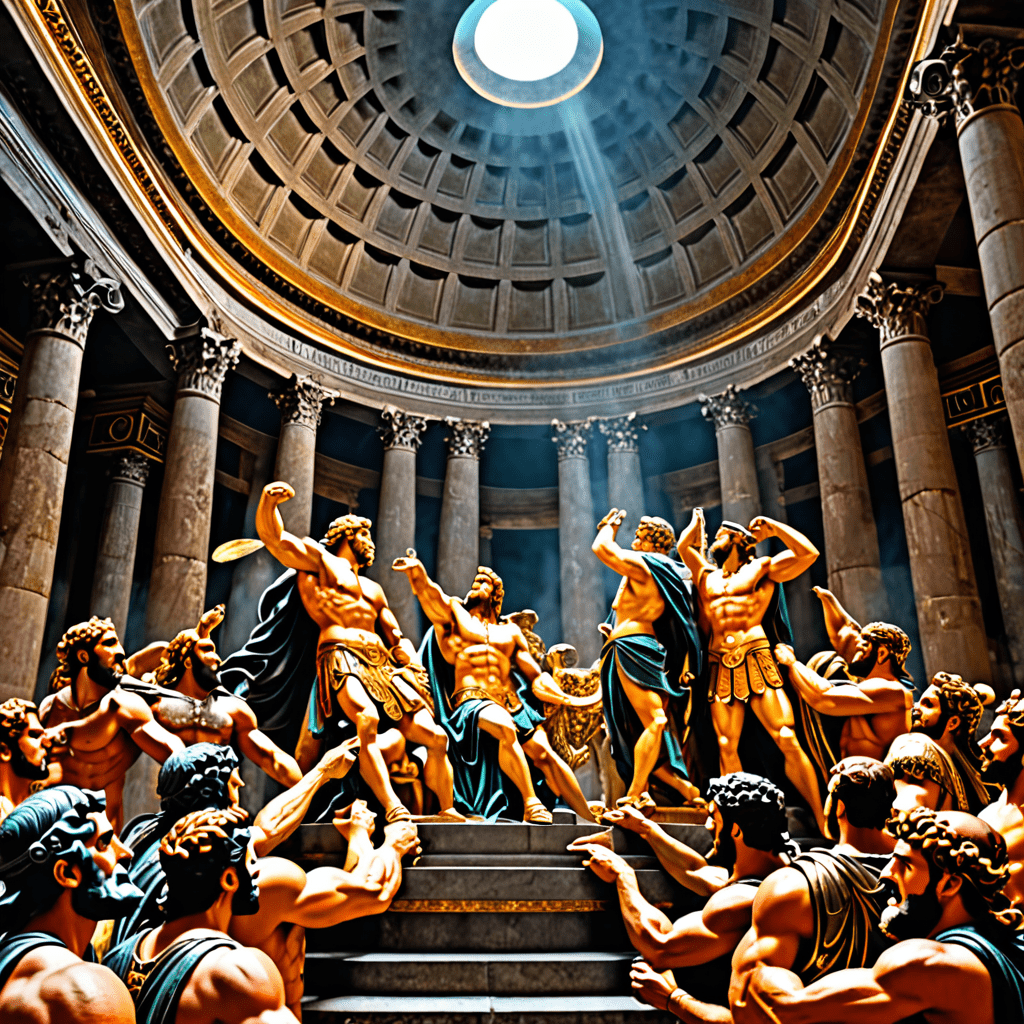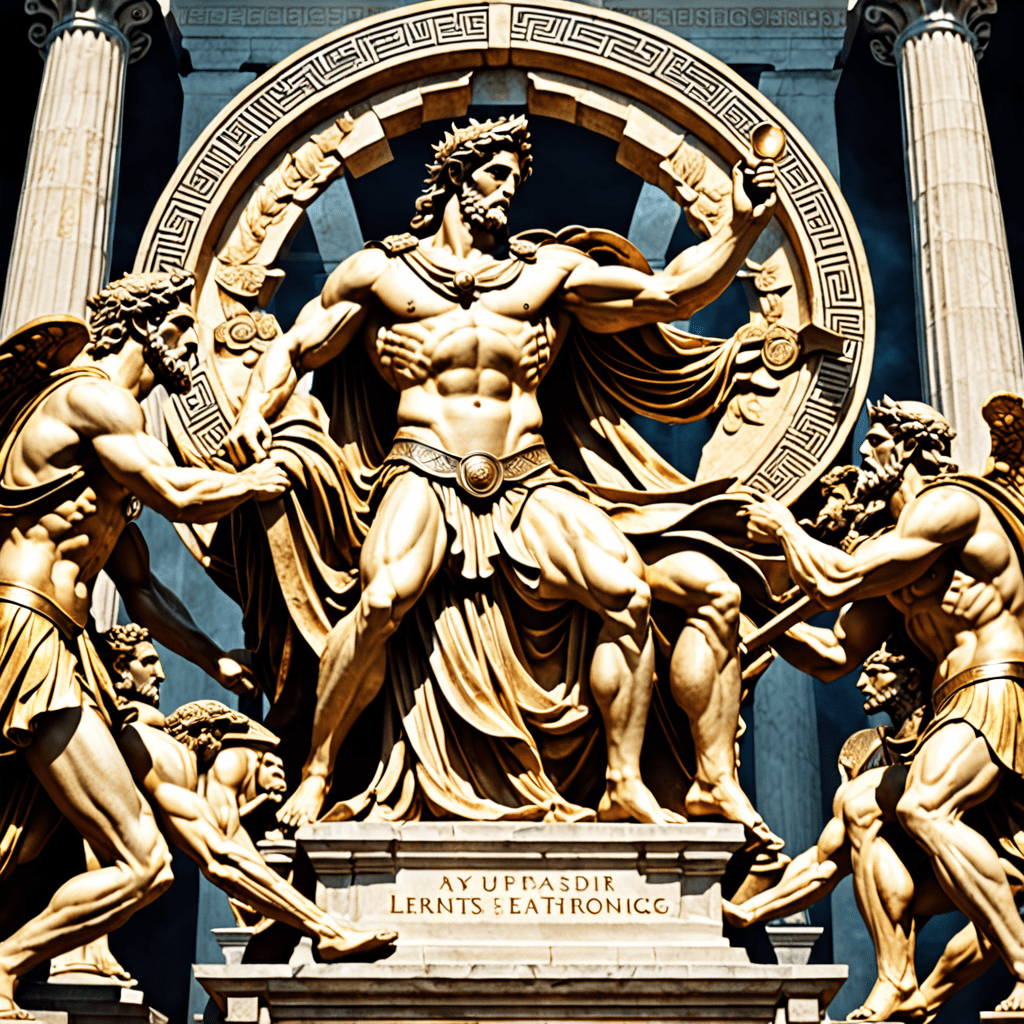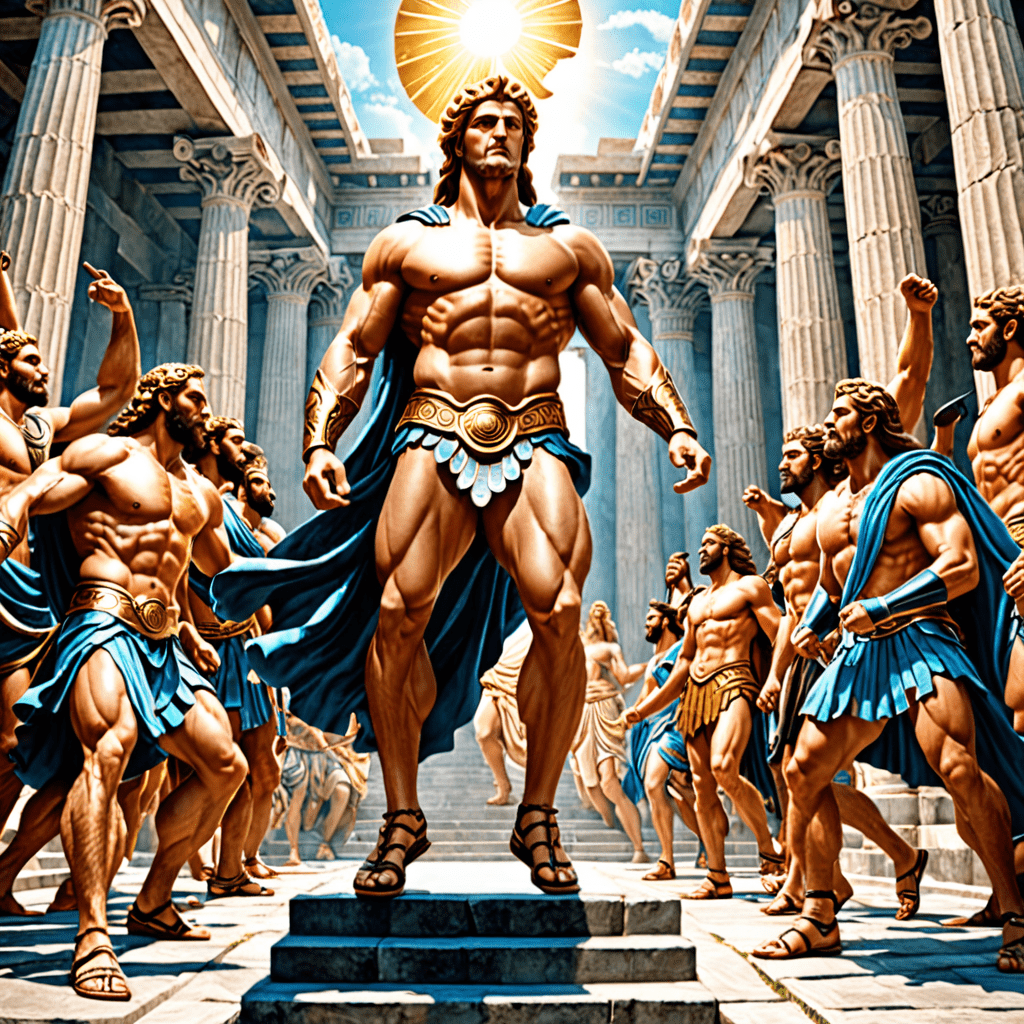The Mythological Origins of Roman Emperors and Leaders
Introduction to Roman Mythology and Leadership
Roman history is rich in mythology, with tales of gods, goddesses, and heroes intertwined with the narratives of emperors and leaders. The ancient Romans believed in a pantheon of gods who influenced every aspect of their lives, including the rise and reign of their emperors. Understanding the mythological origins of Roman rulers sheds light on their legitimacy, authority, and the societal expectations placed upon them.
Romulus and Remus: Founders of Rome
One of the most famous mythological stories related to Roman leadership is that of Romulus and Remus, the twin brothers who were said to have founded the city of Rome. Raised by a she-wolf, these brothers had divine lineage, being descendants of the god Mars. Romulus ultimately became the first King of Rome, symbolizing the blend of human and divine governance that characterized Roman leadership.
Julius Caesar: The Divine Julius
Julius Caesar, a pivotal figure in Roman history, was also linked to mythology. He claimed descent from the goddess Venus through Aeneas, a hero of the Trojan War who fled to Italy and founded the Roman race. Caesar’s association with divine ancestry reinforced his authority and transformed him into the “Divine Julius” in the eyes of many Romans, paving the way for the establishment of the Roman Empire.
Augustus: The Son of a God
Octavian, later known as Augustus, the first Emperor of Rome, skillfully exploited myths and legends to strengthen his position. Through propaganda and symbolism, Augustus aligned himself with the god Apollo and claimed lineage from Venus, emphasizing his divine connection and portraying himself as the son of a god. This portrayal helped solidify his power and establish the early Roman Empire under his rule.
In conclusion, the mythological origins of Roman emperors and leaders reveal a complex interplay between divine narratives, historical legitimacy, and political power. These ancient myths not only shaped the perception of rulers but also shaped the collective identity and values of Roman society. By delving into these legends, we gain deeper insights into the foundation of Roman leadership and the enduring influence of mythology in shaping the course of history.

Frequently Asked Questions about The Mythological Origins of Roman Emperors and Leaders
What role did mythology play in the origin stories of Roman emperors and leaders?
Mythology played a significant role in shaping the origin stories of Roman emperors and leaders. Many Roman rulers traced their ancestry back to legendary figures or gods, emphasizing their divine or heroic connections to legitimize their rule.
Which mythological figures were commonly associated with Roman emperors and leaders?
Roman emperors and leaders were often associated with figures like Hercules, Venus, Mars, and Romulus. These mythological connections were used to establish a sense of authority, power, and divine favor among the rulers.
How did the mythological origins impact the perception of Roman emperors and leaders?
The mythological origins of Roman emperors and leaders contributed to their aura of authority and legitimacy in the eyes of the Roman people. By linking themselves to gods or legendary heroes, rulers sought to solidify their positions and garner support from the populace.
Were there any specific rituals or ceremonies related to the mythological origins of Roman emperors and leaders?
Yes, there were rituals and ceremonies associated with the mythological origins of Roman emperors and leaders. For example, some rulers participated in religious ceremonies that reinforced their divine connections or claimed descent from deities to strengthen their political



